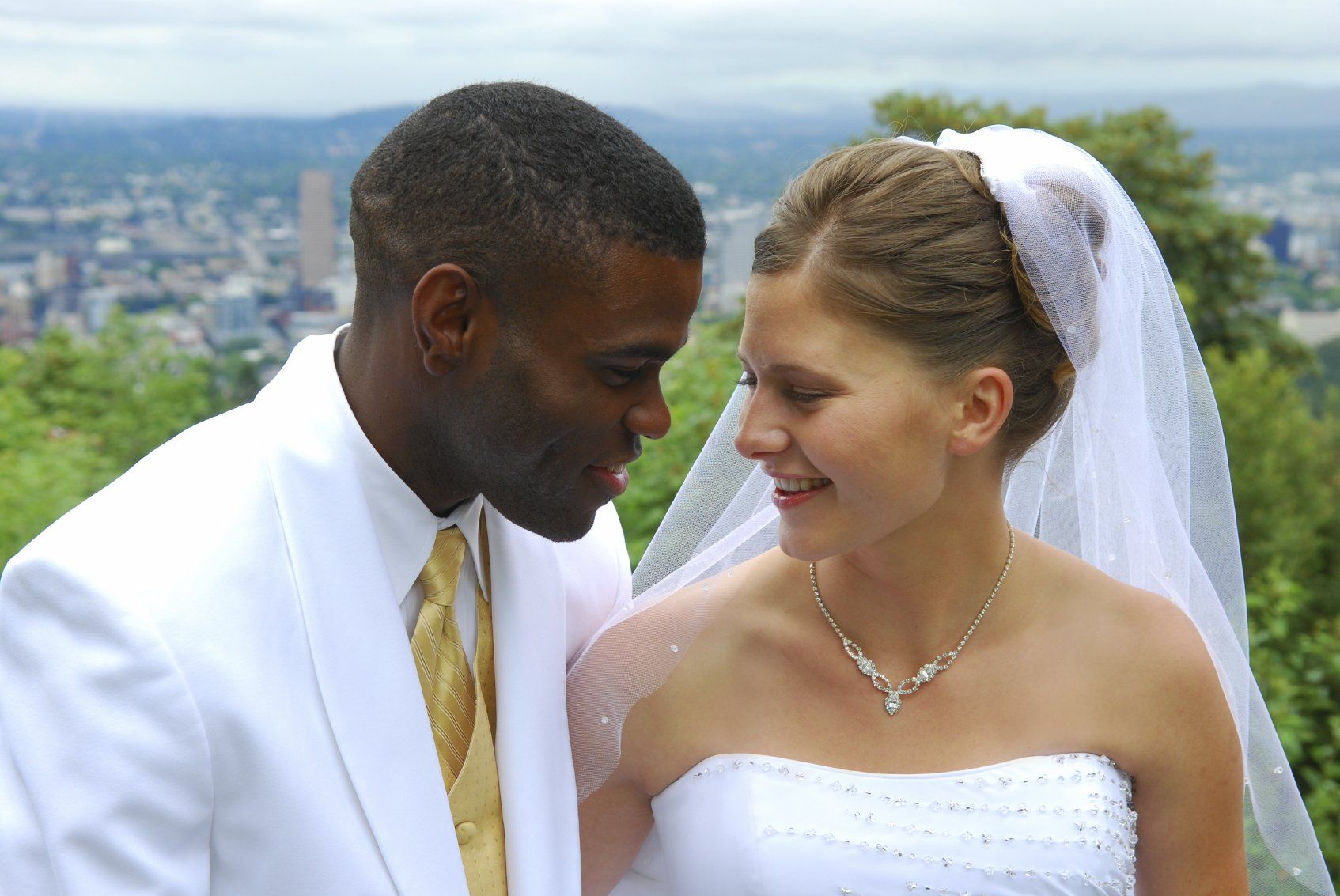


Do any of these questions speak to your present
situation? If you answer yes to any of them; contact me
to see how couples counselling could help.
- Is your relationship no longer feeling safe OR secure?
- Do you value your relationship and want to improve it, keep your bond strong, intimacy, and connection?
- Do you crave an emotional connection, love, or even a hug?
- Are you feeling lonely even though you are in a relationship?
- Do you feel your relationship is lacking luster? Has intimacy decreased or is it not there at all?
- Have you begun to sleep in separate beds, do separate activities, and live separate lives, is the distance between you increasing?
- Is the communication between you failing only ending in both of you walking away feeling hurt, angry, and disconnected?
- Are you craving the couple you once were when you felt connected, excited to see each other, valued, appreciated, and heard?
- Are you holding onto past hurts that never were healed?
- Has resentment built and built maybe even moved to anger/frustration resulting in unresolved/hurt feelings between you?
- Has there been betrayal, or broken trust that needs to be repaired?
- Are you beginning to question if you should stay in your relationship and if it's worth the effort or if they are the one?
- Do you not want your children to see you argue all the time or feel the tension between you?
- Have you forgotten that you are a team and why you are together in the first place?
- Is your mood, positivity, and overall self-esteem being affected negatively by your relationship?
WHO IS COUPLES COUNSELLING FOR:
Couples Counselling, is for anyone wanting better relationships. It can be sought for maintenance as well as preventative. It is not just when a couple is in crisis; it can be ongoing monthly sessions to consistently work on your relationship or weekly to bi-weekly sessions depending on what goals you have as a couple and what issues are presented.
YOU DON'T HAVE TO HAVE A MAJOR RUPTURE IN YOUR RELATIONSHIP TO COME TO COUPLES COUNSELING
You can come even when your relationship is going well or fairly well to just maintain your: understanding, happiness, and fulfillment in your relationship. Even if you feel you are doing quite well; why wait until there is a major rupture? As a partner; we can always benefit from learning how to be a better, more thoughtful, appreciative partner and team members.
I work with couples to decrease tension and increase connection and a sense of emotional safety. Utilizing Emotionally Focused Therapy couples build a strong emotional base which can help them to withstand storms that may arise during their relationship. 90% of couples have significant improvements in their relationships after trying out emotionally focused couples therapy (Source: Psychology Today).
Situations and areas that I work in include but are not limited to:
- Communication Difficulties
- Emotional Connection & Intimacy
- Relationships that have morphed into roommates
- Time is focused on tasks and running the household. vs the relationship or on each other
- Forgotten about making time for each other or can't even remember when the last date night was
- Growing Apart - loss of common interests or activities - connection is not there or where it once was
- Separation & Divorce - considering it or going through it
- Physical Intimacy - lacking or just not there
- Affair Recovery
- Blended Families
- Co-parenting
- Neurodiverse couples
- Mixed Agenda Couples
As a couples therapist, I use a holistic approach in couples therapy, incorporating multiple modalities like EFT, Gottman, CBT, somatic therapy, mindfulness, and attachment theory which are all supported by research. Each of these methods offers unique insights into different aspects of relationships, and together they address the complex emotional, cognitive, and physiological dynamics that influence couples’ interactions.
Here’s a brief overview of the supporting research behind these approaches:
- Emotionally Focused Therapy (EFT): EFT has a strong research base supporting its effectiveness in improving emotional connection and intimacy in couples. Studies show that EFT significantly helps with emotional regulation, attachment issues, and improving communication (Johnson, 2004; Greenman & Johnson, 2013). EFT aims to help couples understand and change negative interaction patterns, fostering secure emotional bonds.
- Gottman Method: The Gottman Method is also highly supported by research. John Gottman’s work on couples’ dynamics, particularly the "Four Horsemen" of relationship breakdown (criticism, defensiveness, contempt, and stonewalling), provides concrete strategies to reduce conflict and increase relationship satisfaction. His research emphasizes the importance of building positive interactions and managing conflict constructively (Gottman & Silver, 1999).
- Cognitive Behavioral Therapy (CBT): CBT is often used in couples therapy to help partners identify and change negative thought patterns that contribute to relationship distress. Research has shown that CBT can be effective in improving communication, conflict resolution, and emotional regulation (Dattilio, 2017).
- Somatic Therapy: Somatic therapy has been found to be beneficial in addressing emotional dysregulation and trauma that may affect couples. This approach focuses on body awareness and helps individuals regulate their emotions through bodily awareness and mindfulness techniques. Studies suggest that somatic practices can enhance emotional regulation and facilitate co-regulation between partners, which is vital for emotional intimacy (Ogden, Minton, & Pain, 2006).
- Mindfulness: Mindfulness practices in therapy have been shown to improve emotional regulation, reduce stress, and foster empathy and understanding between partners. Mindfulness can enhance self-awareness and emotional presence, which are key to relationship satisfaction (Carson et al., 2004).
- Attachment Theory: Research supports attachment theory’s relevance to couples therapy, particularly in understanding how early attachment experiences influence relationship dynamics. Secure attachment is linked to better communication and emotional regulation in relationships, whereas insecure attachment can lead to patterns of emotional disconnection and conflict (Johnson, 2004).
Together, these approaches address the emotional, cognitive, and somatic aspects of relationship dynamics, providing a comprehensive and effective framework for helping couples improve their connection and communication. The holistic approach is not only supported by research but is also considered an effective method for addressing the multi-dimensional nature of relationship issues. I believe couples' struggles go beyond just communication; they often involve emotional disconnection, lack of intimacy, poor coping skills, and emotional regulation challenges. Many of these issues stem from defense mechanisms, old patterns, and past experiences that shape how partners interact. Somatic therapy, in particular, plays a key role in helping with emotional regulation and co-regulation within the relationship, facilitating deeper emotional connection and healthier interactions. Using a holistic approach is widely supported, as it allows therapists to address the complex, interconnected dynamics of a relationship, helping couples build stronger emotional bonds and improve communication, intimacy, and coping strategies.
Communication is just one aspect of a relationship. Emotional disconnection, lack of physical intimacy, and challenges with emotional regulation or coping skills can all significantly impact the bond between partners. A holistic approach allows you to address both the surface issues and the underlying emotional and physiological dynamics that are often at play. When couples struggle with emotional disconnection or intimacy, it’s often linked to deeper patterns—perhaps rooted in attachment styles or past experiences that influence how they interact with each other.
I am glad you’re here. A healthier and happier relationship is possible. I believe that close relationships are vital to human health and connectedness, our quality of life, and our happiness. I also believe if we help a relationship we help a family and a community. Most relationships are salvageable.
I am committed to confidentiality, never taking sides, and respecting each partner in the relationship. Couples report that online therapy sessions are helpful and effective.
Areas I do not work in due to not having specific training or certifications (out of scope) include: I do not take on couples clients whose focus is on: sex addiction, sex therapy, polyamory, open relationships, or existing domestic violence (IPV). If you are unsure of the interpretation of these areas OR if I work in a certain area please ask; I will let you know if it is within my scope of practice. When looking for a therapist be sure to ask if they specialize or have additional training in the area you wish to work on.
Couples/Marriage Counselling:
Your goal may be to restore your marriage or friendship. Perhaps you are both feeling loneliness but feel it's hard to say or talk about what you need or that you have indicated what you need but it falls on deaf ears. If it's years of distance, or perhaps trust is a challenge.
Discernment Counselling: Mixed Agenda Couple
Are you considering divorce or separation but unsure that’s the right path? Discernment Counselling offers the opportunity to pause, take a breath, & consider the long-term consequences.
Infidelity & Affairs
Despite the prevalence of infidelity, most people assume their partner will be faithful. So the discovery of infidelity is a severe, unexpected breach of commitment and trust. Infidelity recovery couples counselling is one way to work through this discovery.
A message from our founder and marriage & family therapist:
"I focused on couples therapy and counselling because our: happiness, quality of life, and satisfaction are tied to our primary relationships. I absolutely love working with couples. Not many therapists work primarily with couples or have specific training, so I have purposely pursued this area of counselling. I believe in what I do and truly want to help couples and families: communicate better, and increase their happiness with each other and overall quality of life.
I am trained in the most effective couples therapy modality: EFT. *As a Marriage and Family Therapist: I have completed all graduate-level courses required to be an associate member of CAMFT. www.camft.ca
I am certified in levels 1, 2, 3 in Emotionally Focused Therapy. Research studies have found that 70-75% of couples undergoing EFT successfully move from distress to recovery, and approximately 90% of couples show significant improvements.. Emotionally Focused Couples Therapy is a well-researched form of couples therapy used internationally to help couples achieve more connection, attunement, and satisfaction in their relationships." -Source: Psychology Today
-Aimee Poole, founder Yellowfinch Counselling & Wellness Inc. & Marriage & Family Therapist




